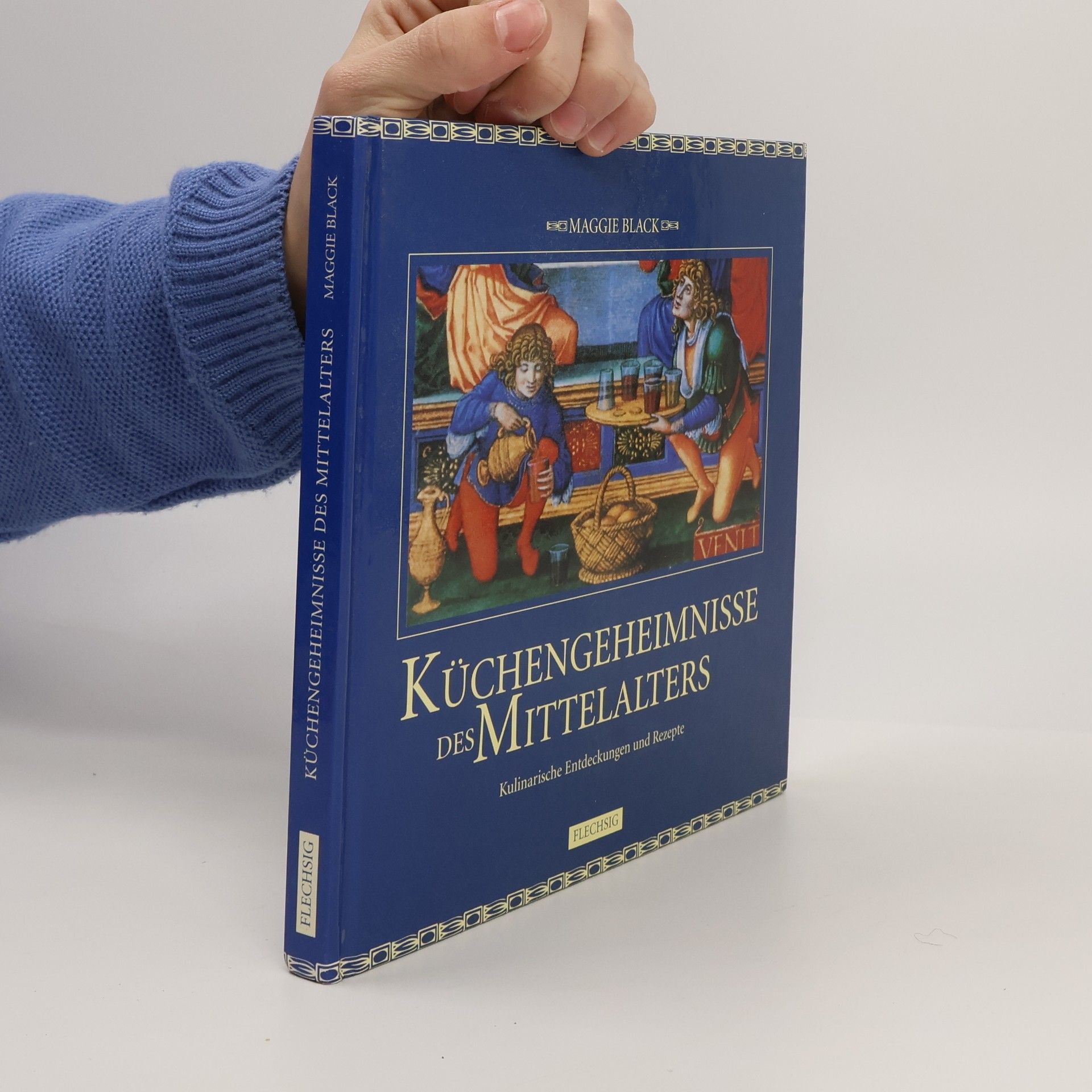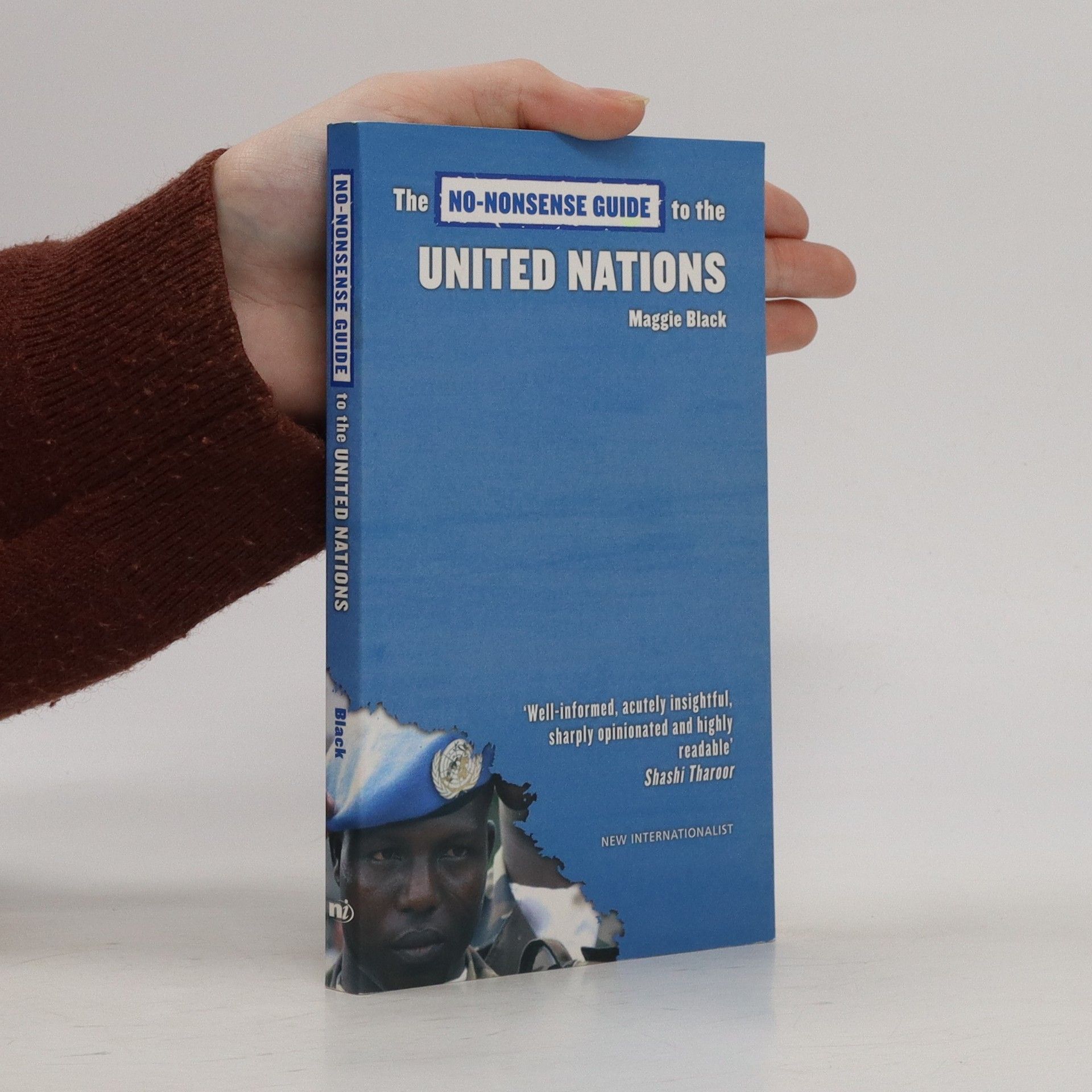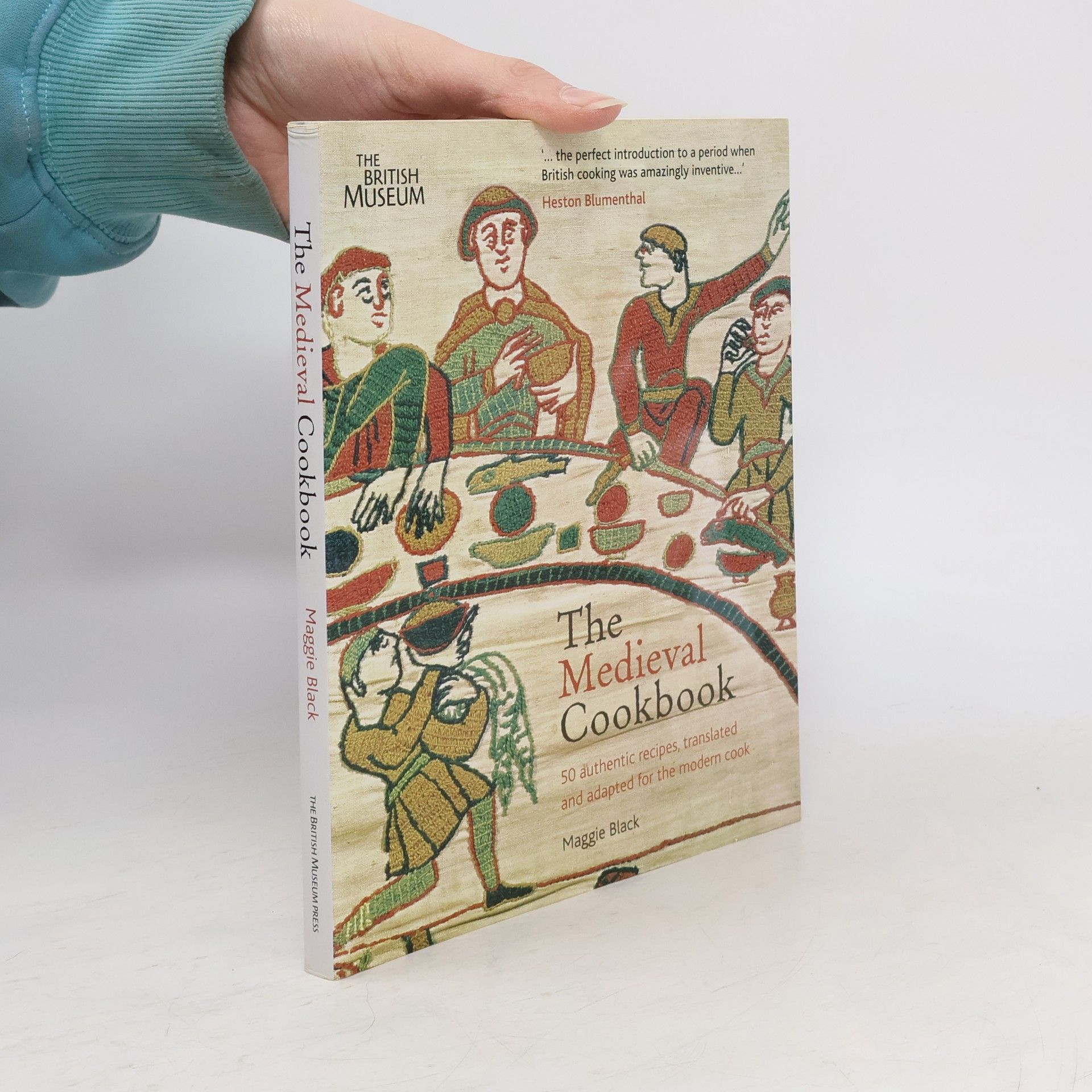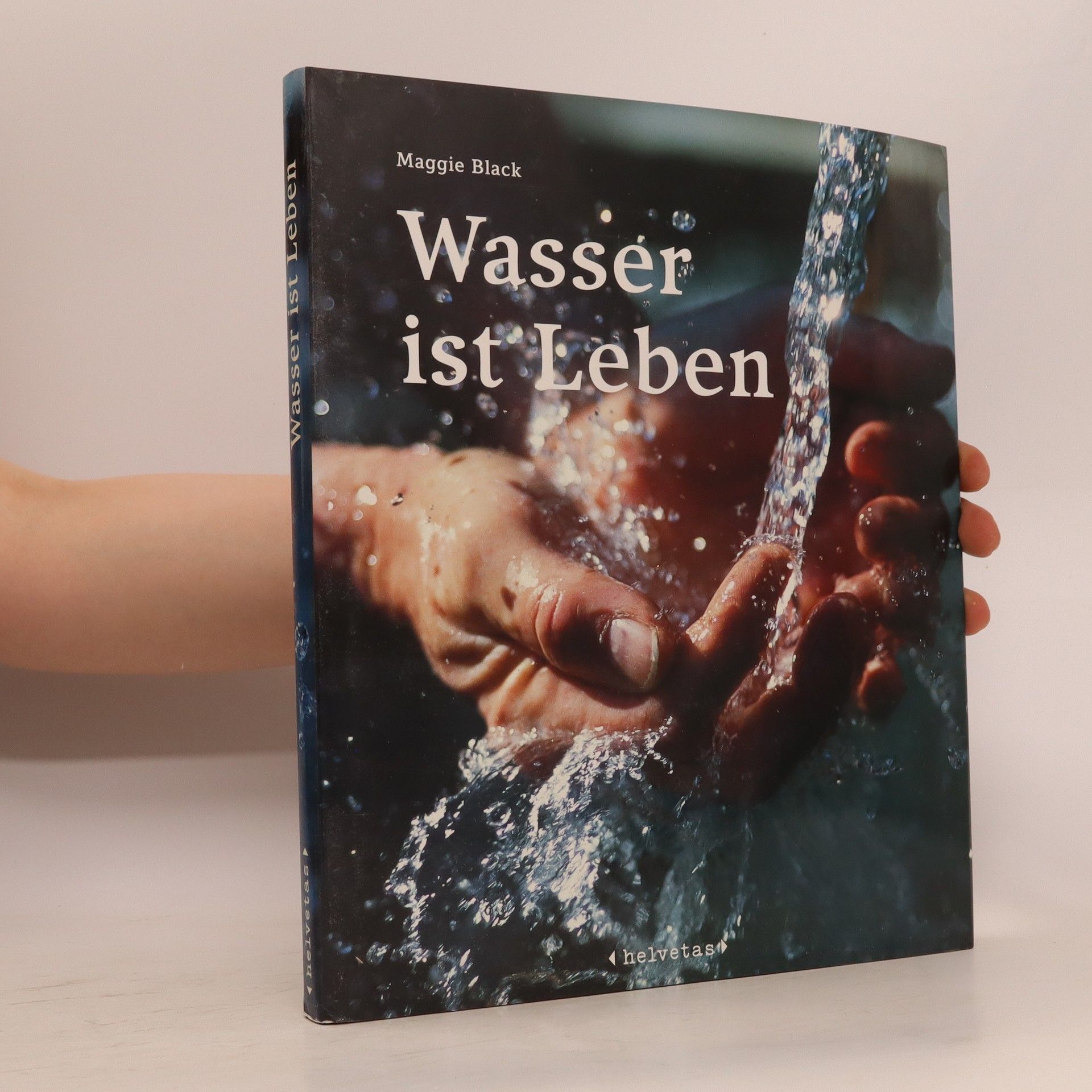The Medieval Cookbook
- 144 stránek
- 6 hodin čtení
Drawing on the cuisine of the Middle Ages, from the fall of the Roman Empire to Henry VIII's break with Rome, this new treatment of a classic book explores the relationship between food, religion and the ever-widening gap between the tables of the rich and the poor. Featured is an appetizing collection of recipes inspired by medieval manuscripts, richly illustrated throughout with stunning scenes of food, feasting and cooking from paintings, tapestries and drawings. The Medieval Cookbook has been thoughtfully adapted for the modern kitchen, whilst retaining the true essence of dining in medieval Britain.






